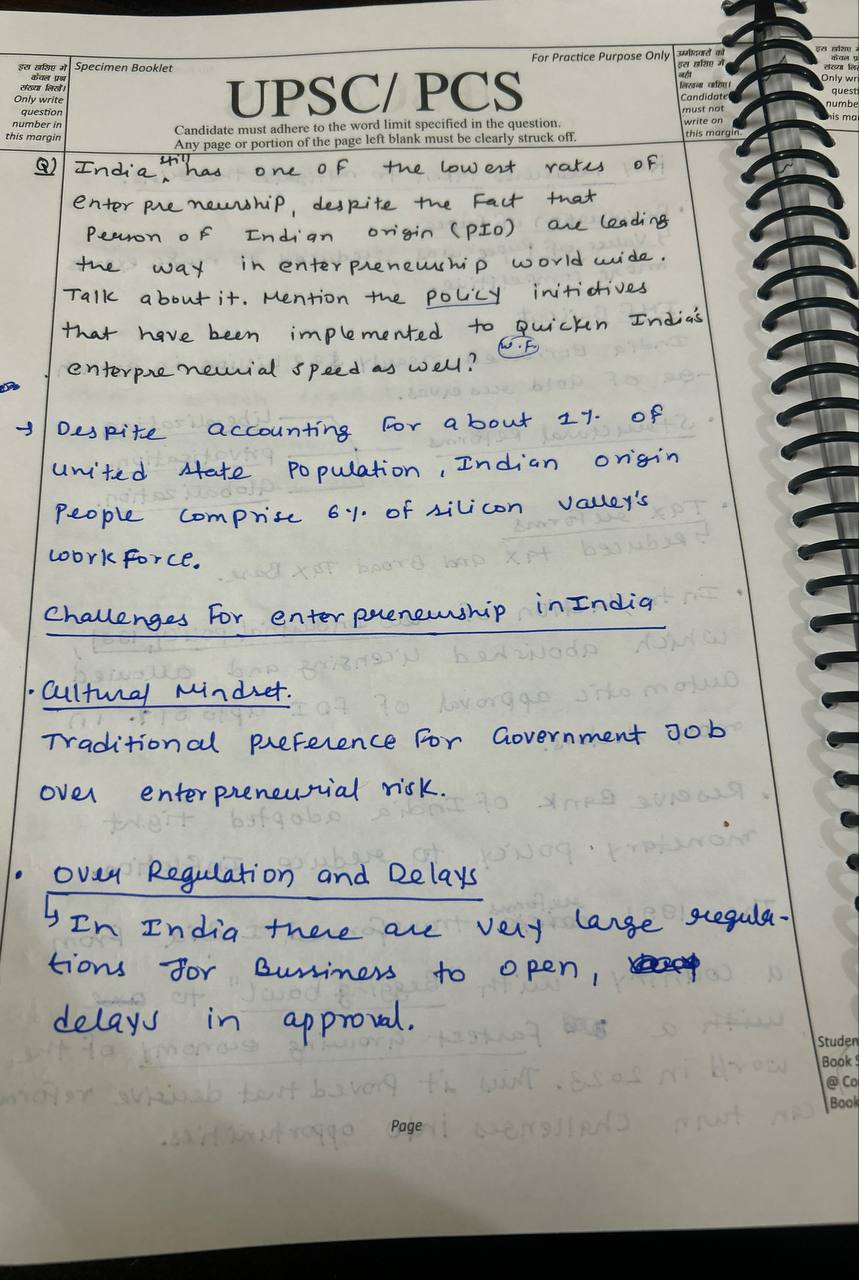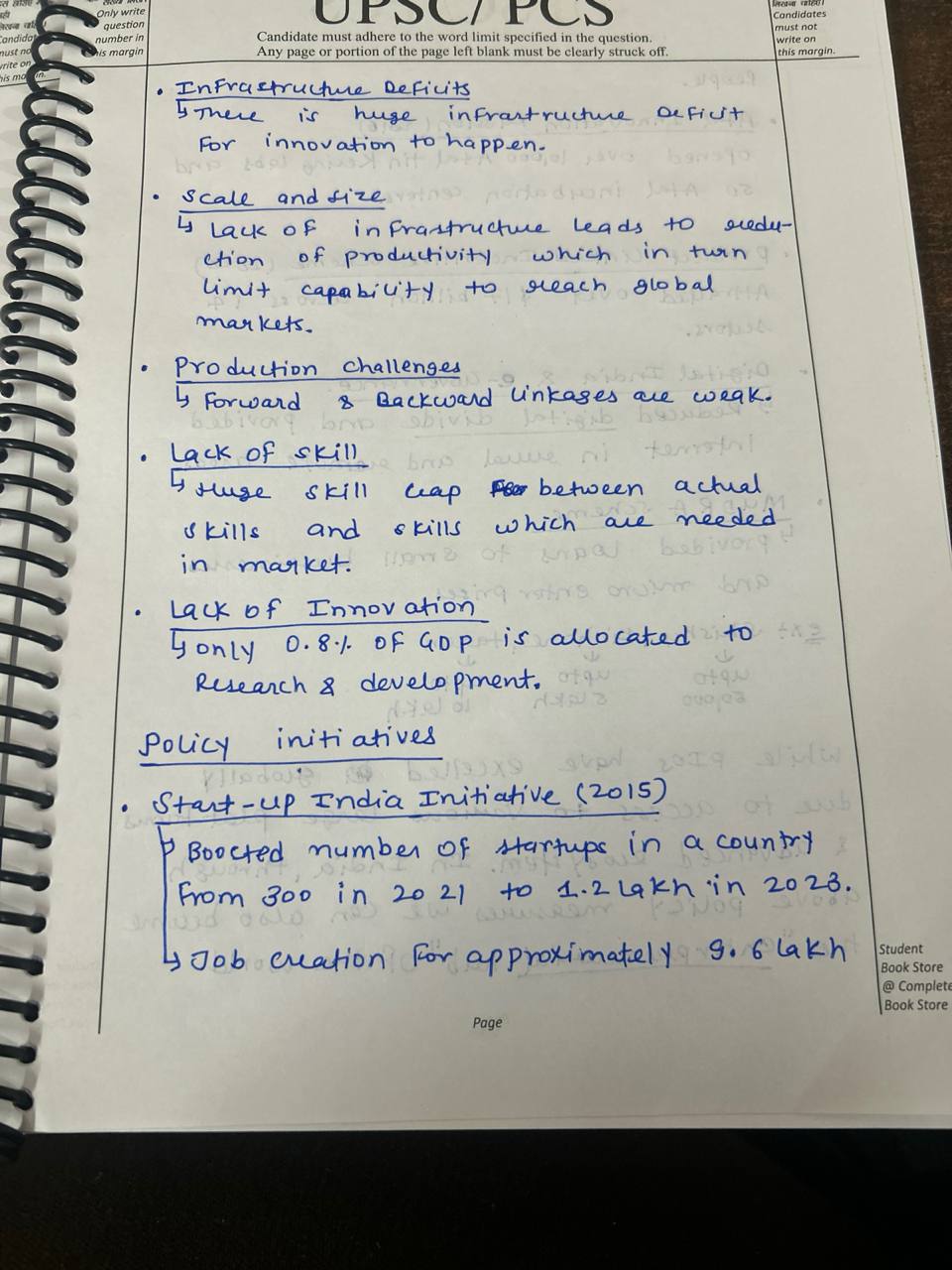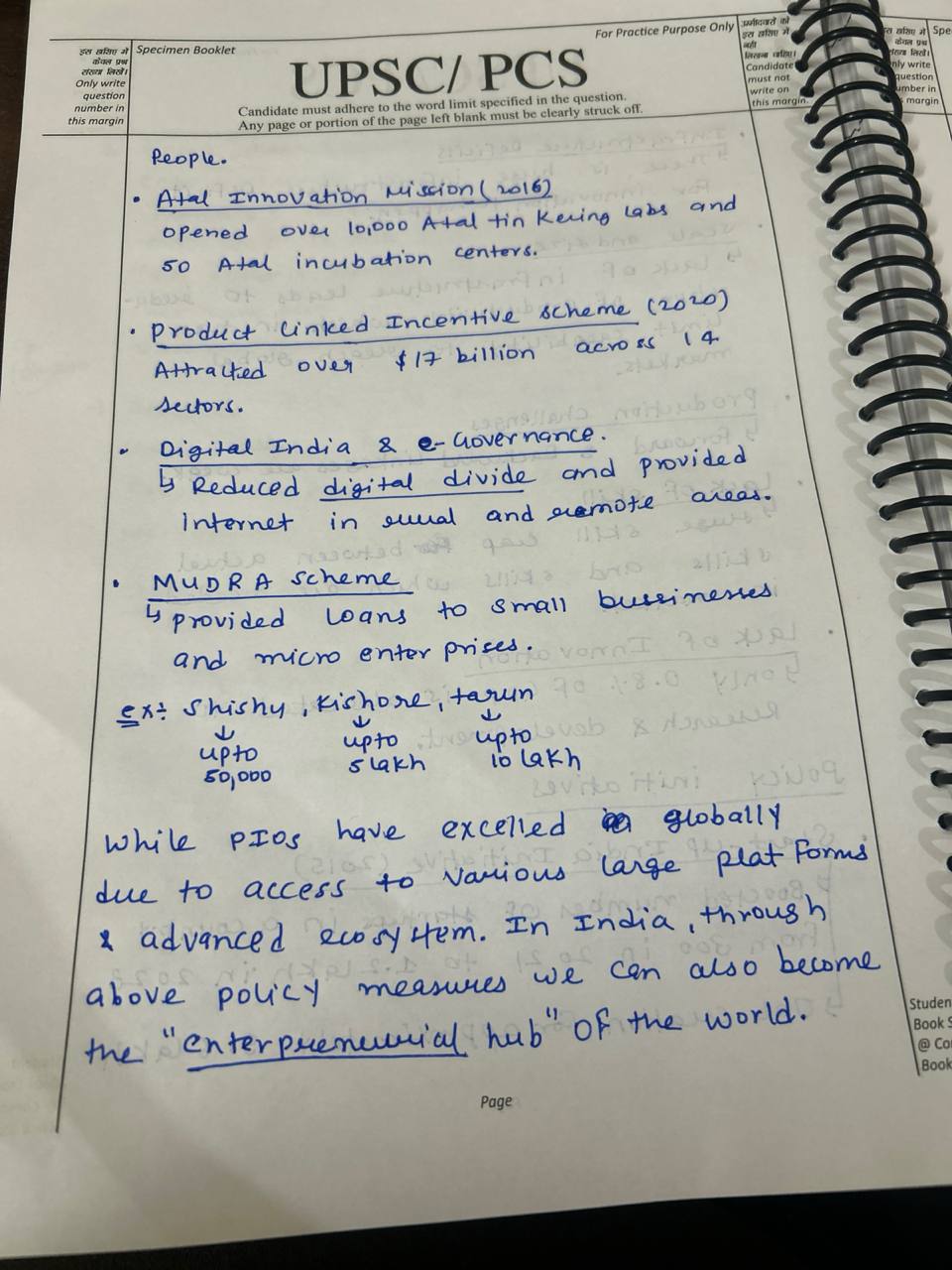During the early years of nation-building in Bharat, maintaining national security and unity faced significant challenges :- 1.The partition of the country led to communal tensions, hindering unity. 2. The diverse cultural, linguistic, and religious landscape further complicated efforts to foster aRead more
During the early years of nation-building in Bharat, maintaining national security and unity faced significant challenges :- 1.The partition of the country led to communal tensions, hindering unity.
2. The diverse cultural, linguistic, and religious landscape further complicated efforts to foster a sense of national identity.
3. Economic disparities and regional differences fueled social unrest and political instability, posing additional hurdles.
Balancing a strong central government with respect for state autonomy was crucial for unity. Overcoming these challenges demanded strong leadership, effective governance, and initiatives to promote inclusivity and harmony among the diverse populace. Despite these obstacles, Bharat’s journey towards national security and unity required navigating complex historical legacies and forging a collective identity that transcended divisions, ultimately shaping the nation’s path towards unity in diversity.




Microfinance plays a crucial role in fostering inclusive growth in India by providing financial services to underserved populations, especially in rural areas. By offering small loans, savings opportunities, insurance, and payment services, microfinance institutions (MFIs) enable individuals and comRead more
Microfinance plays a crucial role in fostering inclusive growth in India by providing financial services to underserved populations, especially in rural areas. By offering small loans, savings opportunities, insurance, and payment services, microfinance institutions (MFIs) enable individuals and communities to access and utilize financial resources effectively. This access promotes entrepreneurship, generates income, and supports small businesses, thereby contributing to poverty alleviation and economic empowerment.
Moreover, microfinance empowers women by giving them financial independence through loans for small-scale enterprises, which not only increases household income but also enhances their status and decision-making power. Additionally, microfinance supports rural development by strengthening local economies, creating jobs, and improving access to education and healthcare services. It also encourages community development through collective savings and financial literacy programs.
However, challenges such as ensuring sustainable practices, avoiding over-indebtedness, and maintaining ethical standards require continued attention. Regulatory frameworks and capacity building within the microfinance sector are essential to maximize the positive impact and long-term sustainability of microfinance in promoting inclusive growth across India.
See less